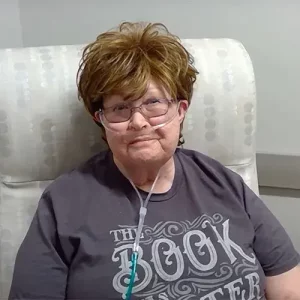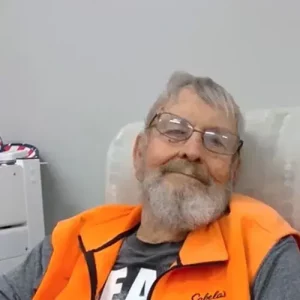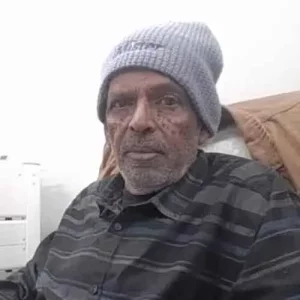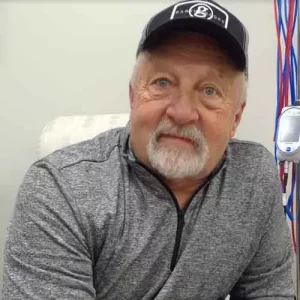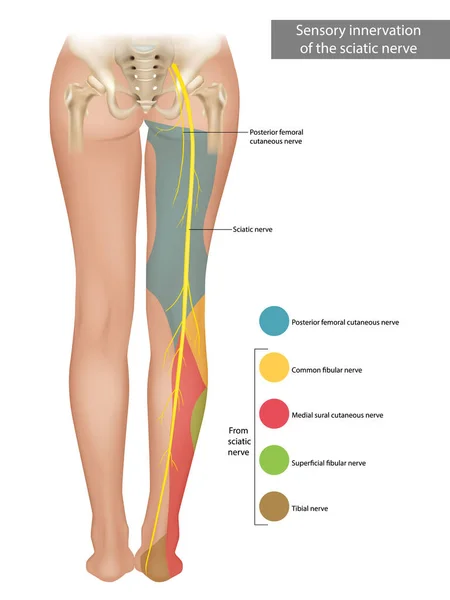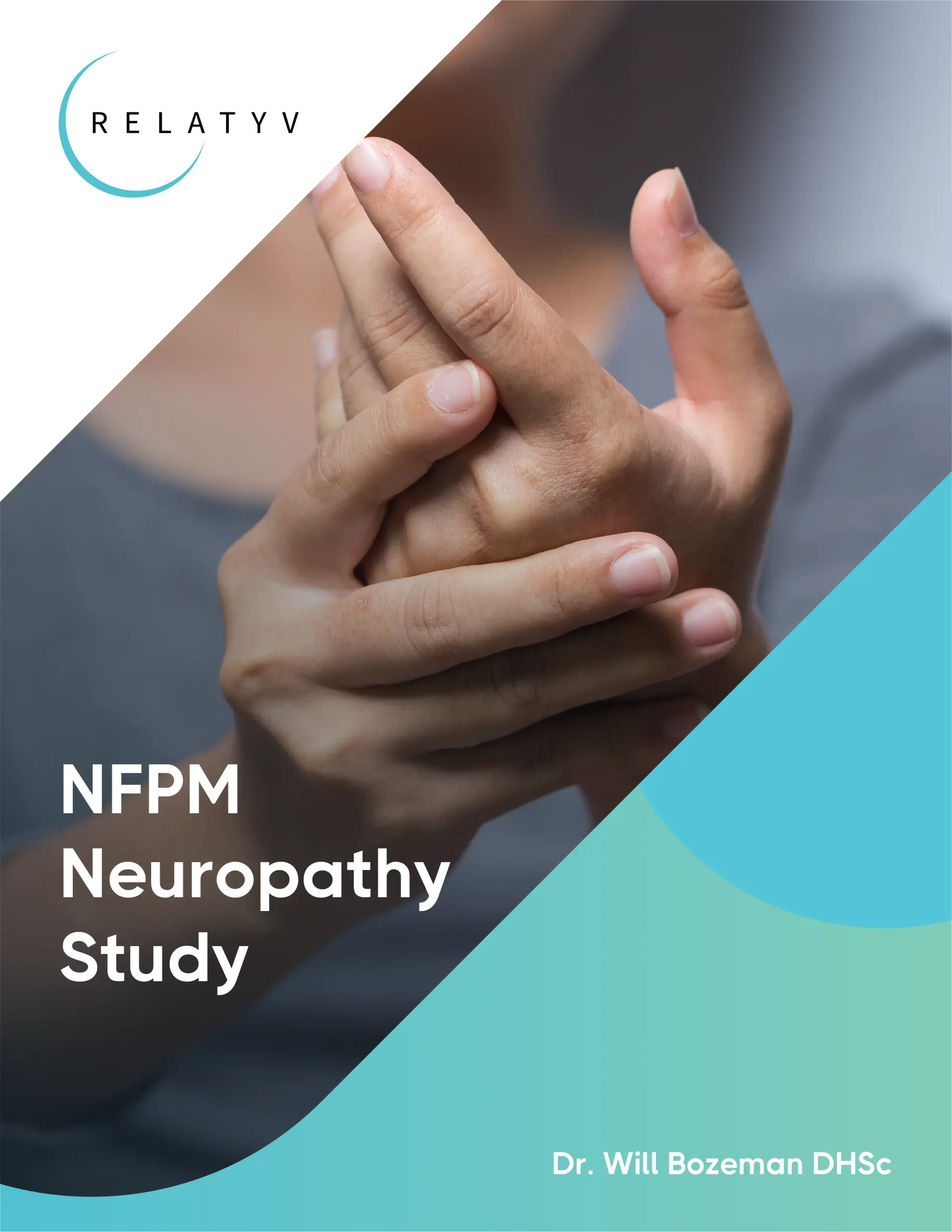Peroneal nerve dysfunction can cause severe chronic pain in your lower leg and foot. This symptom, alone, can get in the way of your ability to live your life fully, be productive at work, or even carry out the simplest of activities.
But the picture is, unfortunately, more complicated. A compressed or damaged peroneal nerve can also lead to the inability to move your foot, straighten your toes, or flex your ankle. It can lead to a loss of sensation in the shin and foot and cause complications such as foot drop.
These symptoms aren’t something you can just ignore or mask by relying on medications. As damage to the peroneal nerve progresses, the pain and disability you are experiencing may become overpowering. That’s where the innovative whole-person approach can help. Neuragenex Neurofunctional Pain Management is a multi-approach treatment plan that targets the systemic inflammation at the root cause of your condition. It can help you improve your mobility and coordination, as well as lay the foundations of long-term optimal musculoskeletal health.
This table summarizes the benefits of Neuragenex NFPM for pain due to peroneal nerve dysfunction.






